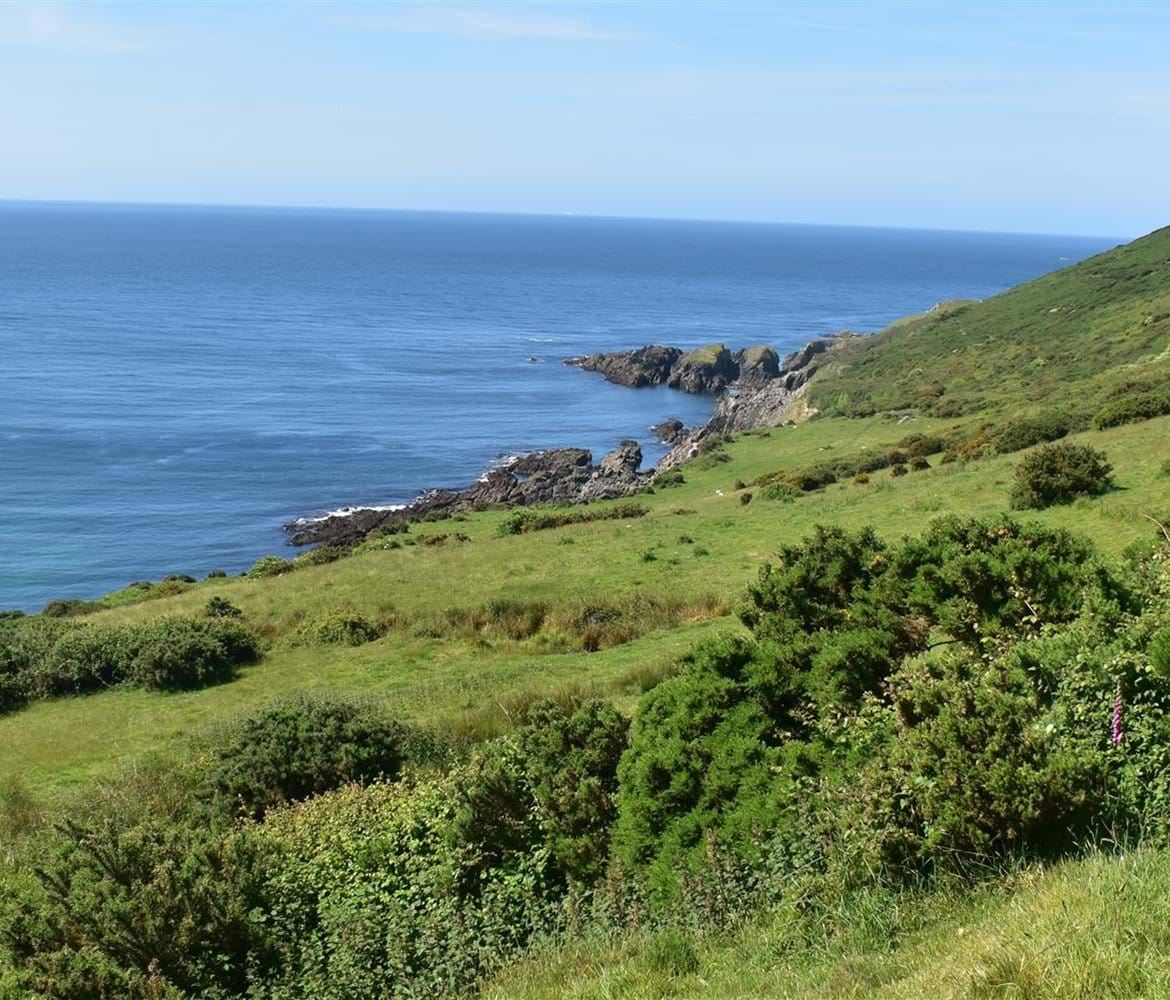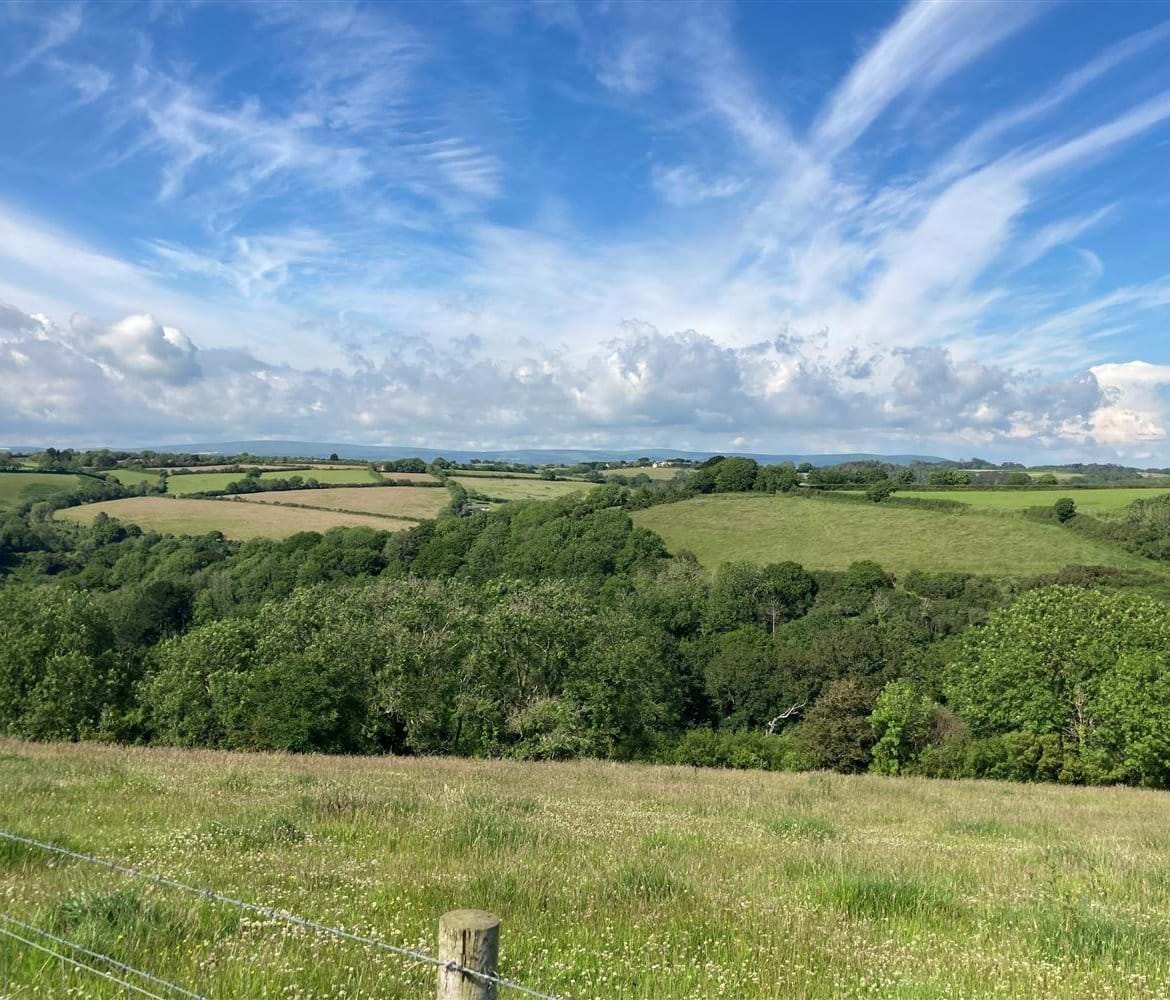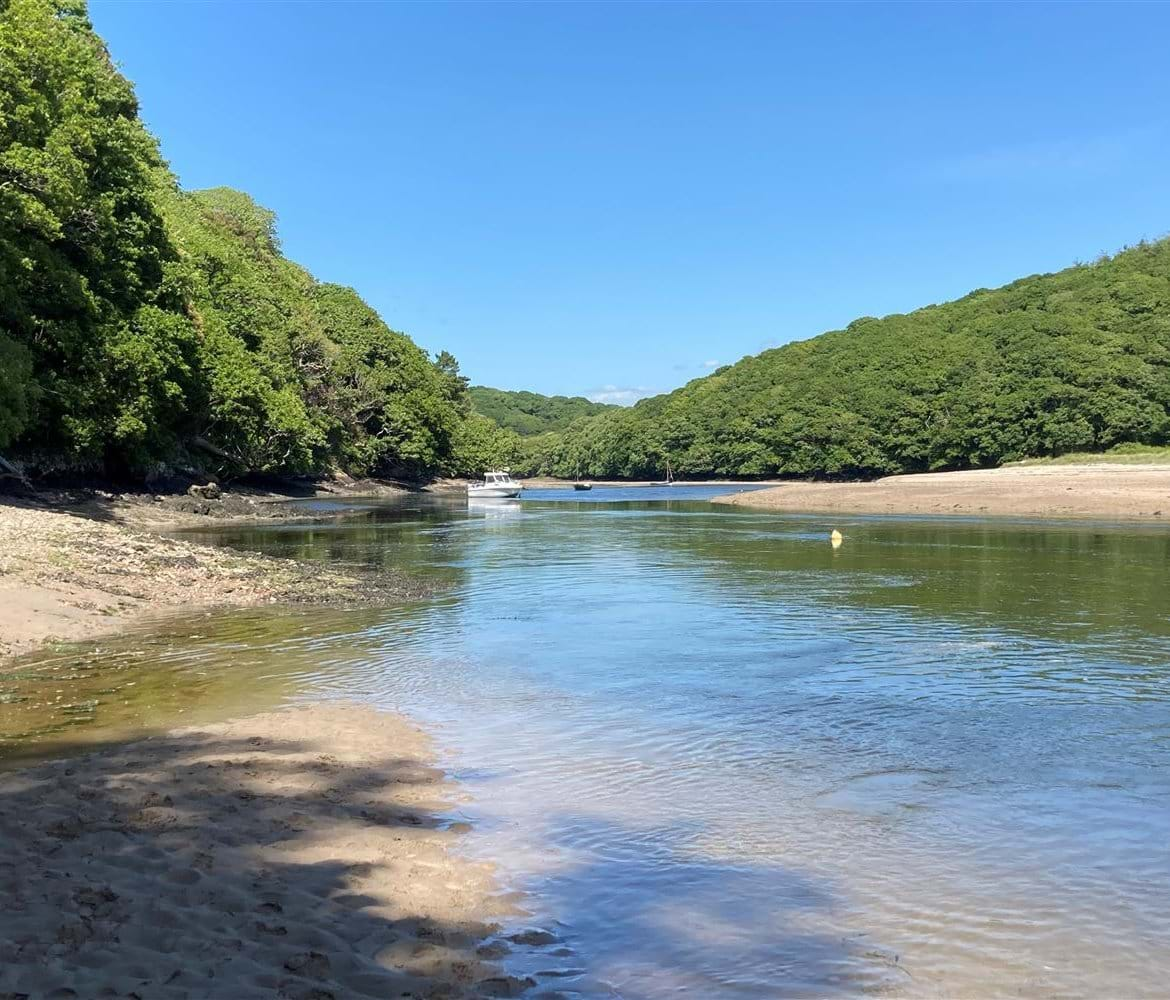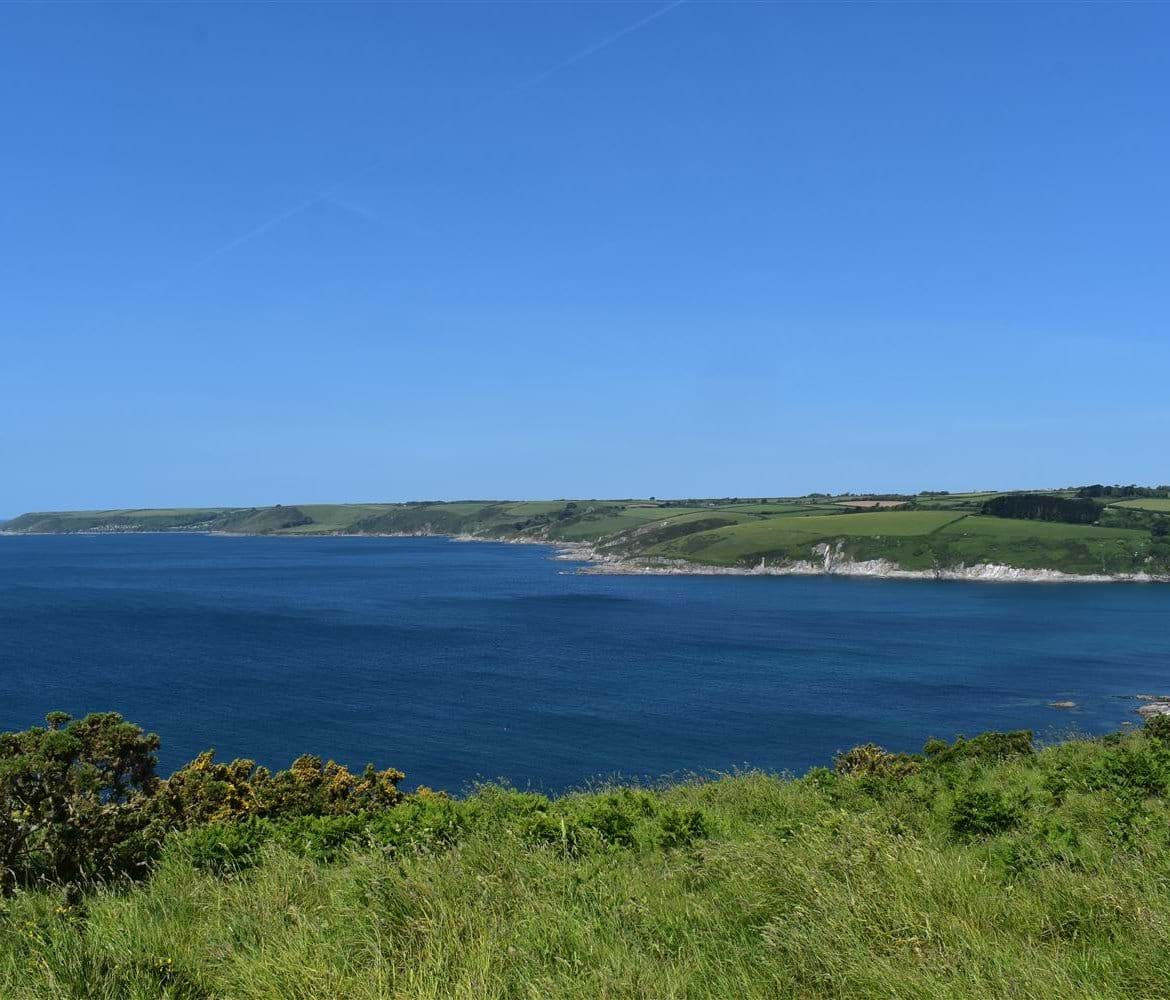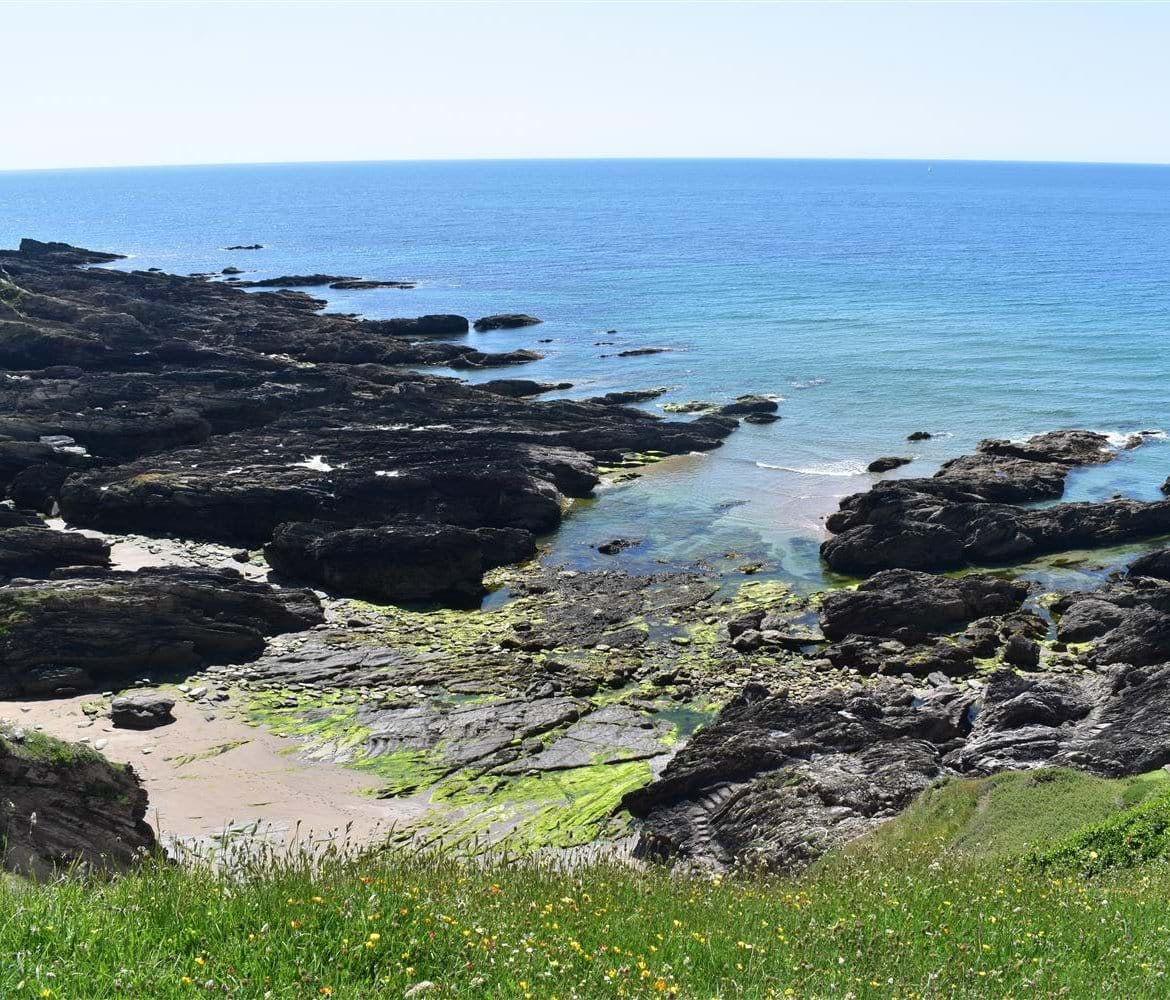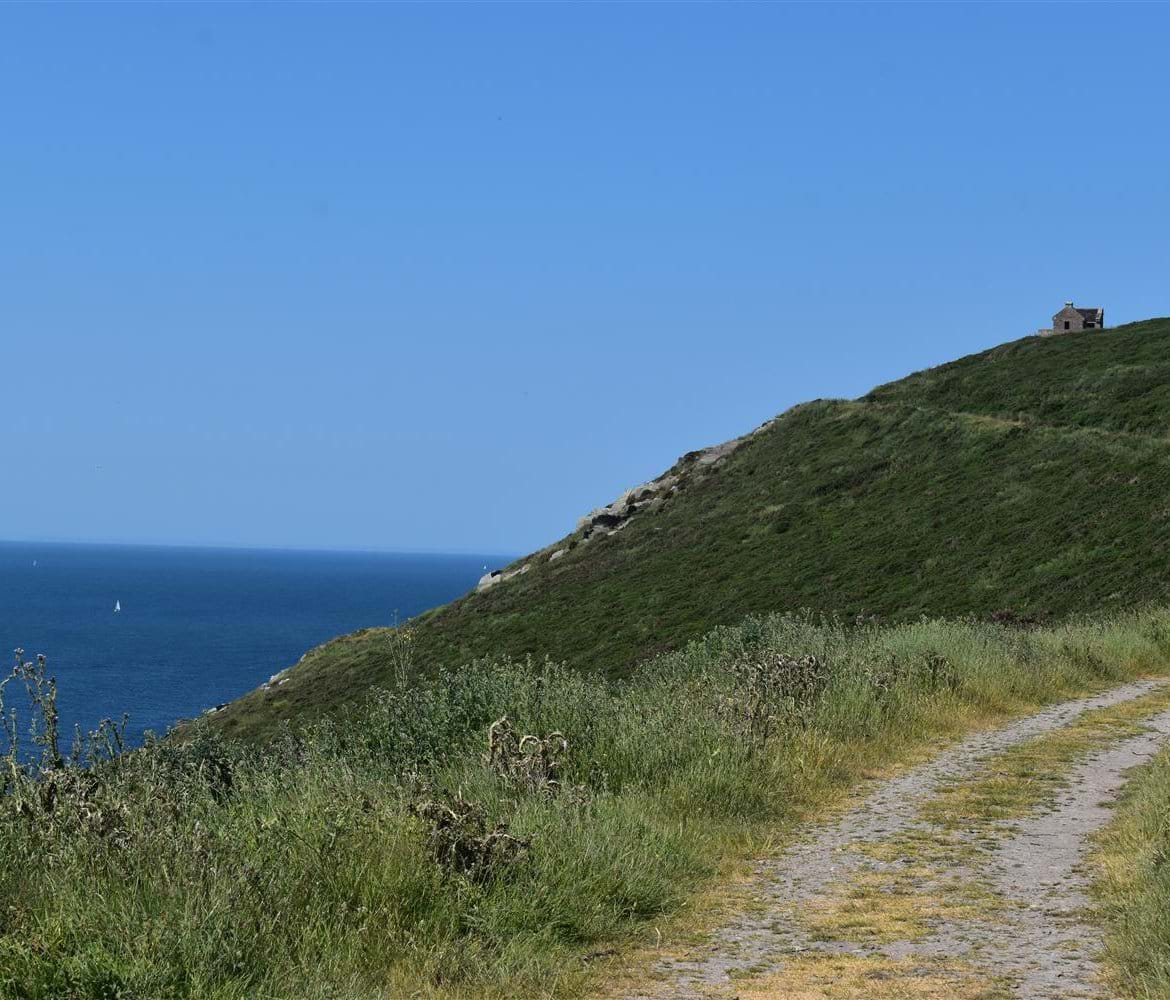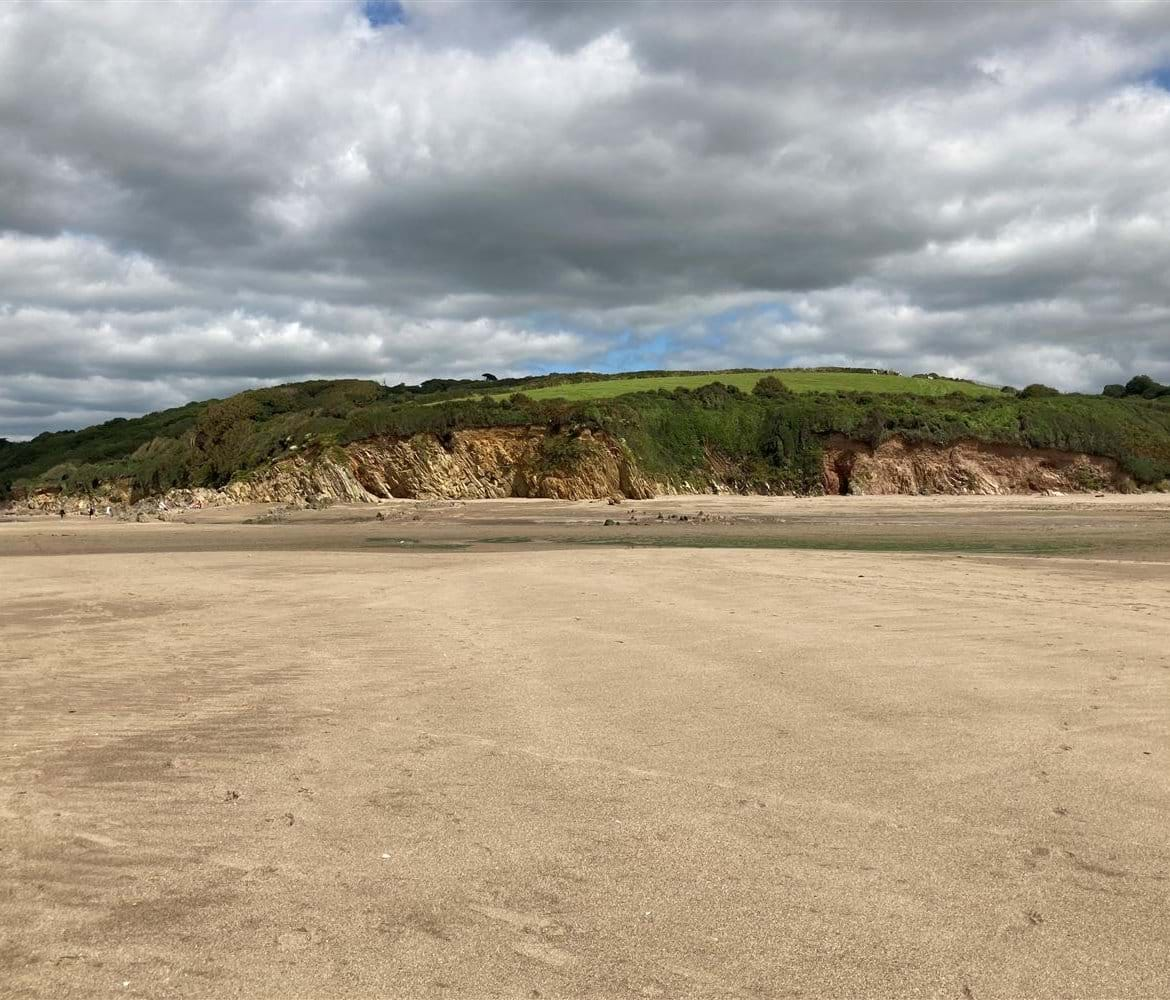Welcome to Old Engine House, Noss Mayo
Why book Old Engine House?
At Old Engine House, you’ll have the best of both; a peaceful countryside setting with stunning walks and beautiful views, yet close to the village and beaches. A fantastic location for exploring the South Hams area of Devon!
…plus plenty to see & do within a short drive!
Old Engine House is a barn conversion within the small Grade II listed Rowden Court complex, located in the middle of an Area of Outstanding Natural Beauty (AONB), with the South West Coast Path on the doorstep and beautiful beaches and historic villages to explore close by.
Rowden Court dates from 1884 and was originally a range of farm outhouses on the former Revelstoke estate; the Old Engine House contained a horse engine used for powering threshing machinery, as well as chopping and crushing fodder. The first Lord Revelstoke – Edward Baring of the Baring Brothers Bank – lavished money on his then 3,000-acre countryside estate, including commissioning a nine-mile carriage drive, which is now part of the nearby South West Coast Path.
Old Engine House is a spacious converted barn, comfortably sleeping up to six adults across two king-size bedrooms, one single room and a sofa-bed on the mezzanine. There is a well-equipped kitchen, a family bathroom with full-size bath and power shower, an additional bathroom with a walk-in shower, and a large living area with a high vaulted ceiling. There is also a desk on the mezzanine for home working/study.
Guests can also enjoy use of the 1.5 acre landscaped communal gardens, tennis court, BBQ facilities and games/laundry room.
Dogs are warmly welcomed, but will need to be kept on a lead in the communal gardens.

